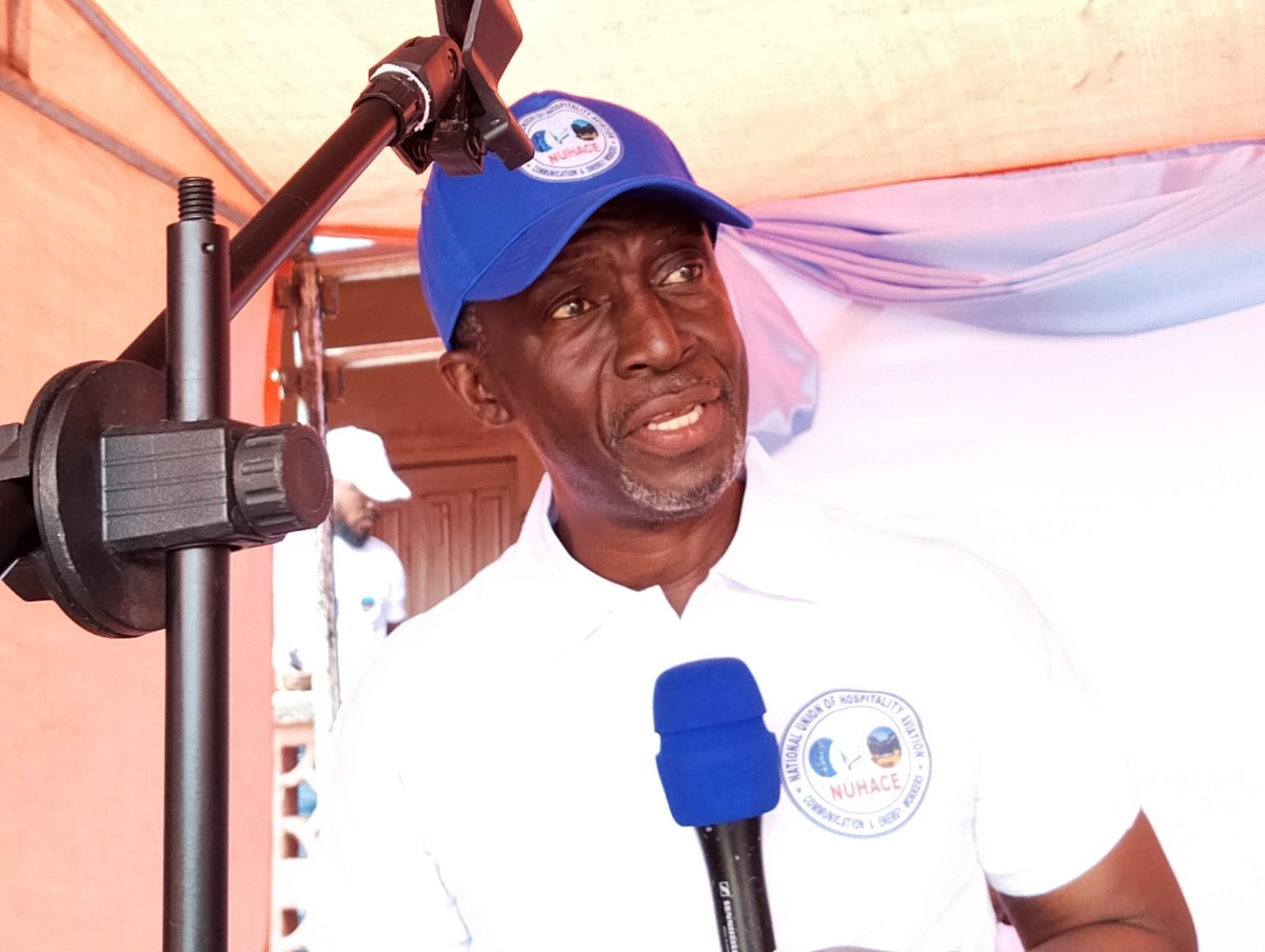Cllr. Tiawan Saye Gongloe, a prominent Liberian human rights lawyer and former presidential candidate, delivered a potent critique of Liberia’s enduring poverty and underdevelopment, attributing these persistent challenges to a legacy of flawed leadership, mismanagement, and deeply ingrained corruption. In his address, titled “A Call for Transformative Change: Liberia’s Path to Prosperity,” he highlighted the stark paradox of a nation rich in natural resources yet languishing in poverty, arguing that this disparity stems not from a scarcity of resources but from a pervasive failure of governance. He directly challenged the effectiveness of President Joseph Boakai’s administration, asserting that despite promises of a “Rescue Mission,” the nation remains mired in poverty, necessitating not merely a change in leadership but a fundamental revolution in governance—a shift that prioritizes the needs of the populace over the self-serving interests of the elite.
Cllr. Gongloe emphasized the urgent need for a transformative approach to governance, advocating for bold action, systemic reforms, and a commitment to responsible, people-centered leadership. He questioned the current trajectory of Liberia, asking whether the nation is destined to remain perpetually dependent on foreign aid or if it can forge a path towards self-sufficiency, productivity, and genuine prosperity. He lamented the tragic reality of Liberia’s abundant resources—gold, diamonds, timber, and fertile land—remaining untapped for the benefit of the majority, leaving many citizens without access to basic necessities such as education, healthcare, food security, and essential infrastructure. This stark contrast between potential and reality, he argued, is a direct consequence of poor governance and the prioritization of personal gain over national development.
Central to Cllr. Gongloe’s proposed solution is the imperative to curb wasteful government spending and redirect resources towards crucial sectors. He condemned the lavish salaries, extravagant foreign travels, and excessive state functions enjoyed by government officials while the majority of Liberians struggle to meet their basic needs. He called for a drastic reduction in these wasteful expenditures and a reallocation of funds towards sectors that can drive genuine development, such as education, healthcare, infrastructure, and agriculture. He pointed to the success stories of nations like Botswana, Rwanda, and Mauritius—countries with fewer resources than Liberia—as compelling examples of how effective governance, wise resource management, and investment in human capital can lead to thriving economies. These examples, he argued, demonstrate that Liberia possesses the potential for similar progress, lacking only the leadership necessary to prioritize the needs of the people over political self-interest.
Cllr. Gongloe’s call for transformative change resonates with the frustrations of many Liberians who have witnessed decades of unfulfilled promises and persistent poverty despite the nation’s abundant natural wealth. His emphasis on responsible leadership, good governance, and the prioritization of human development offers a roadmap for a more prosperous future. His critique serves as a stark reminder of the urgent need for systemic reforms and a fundamental shift in the way Liberia is governed. The challenge, as he articulates it, lies not in the lack of resources but in the lack of leadership willing to harness those resources for the benefit of all Liberians.
The long-standing issue of corruption within the Liberian government was also highlighted by Cllr. Gongloe. He argued that corruption has not only diverted resources away from essential services and development projects but has also eroded public trust and undermined the rule of law. He emphasized the need for greater transparency and accountability in government operations and called for stronger institutions to combat corruption effectively. This, he believes, is crucial for creating an environment conducive to sustainable economic growth and development.
Cllr. Gongloe’s message carries significant weight in a nation grappling with deep-seated economic challenges and yearning for meaningful change. His call for a revolution in governance, one that prioritizes the needs of the people over the self-serving interests of the few, is a powerful articulation of the frustrations felt by many Liberians. His advocacy for responsible leadership, coupled with his emphasis on education, healthcare, infrastructure development, and agricultural advancement, provides a compelling vision for a more prosperous and equitable Liberia. The question remains whether the current and future leaders will heed his call and embrace the transformative change necessary to unlock Liberia’s full potential.














